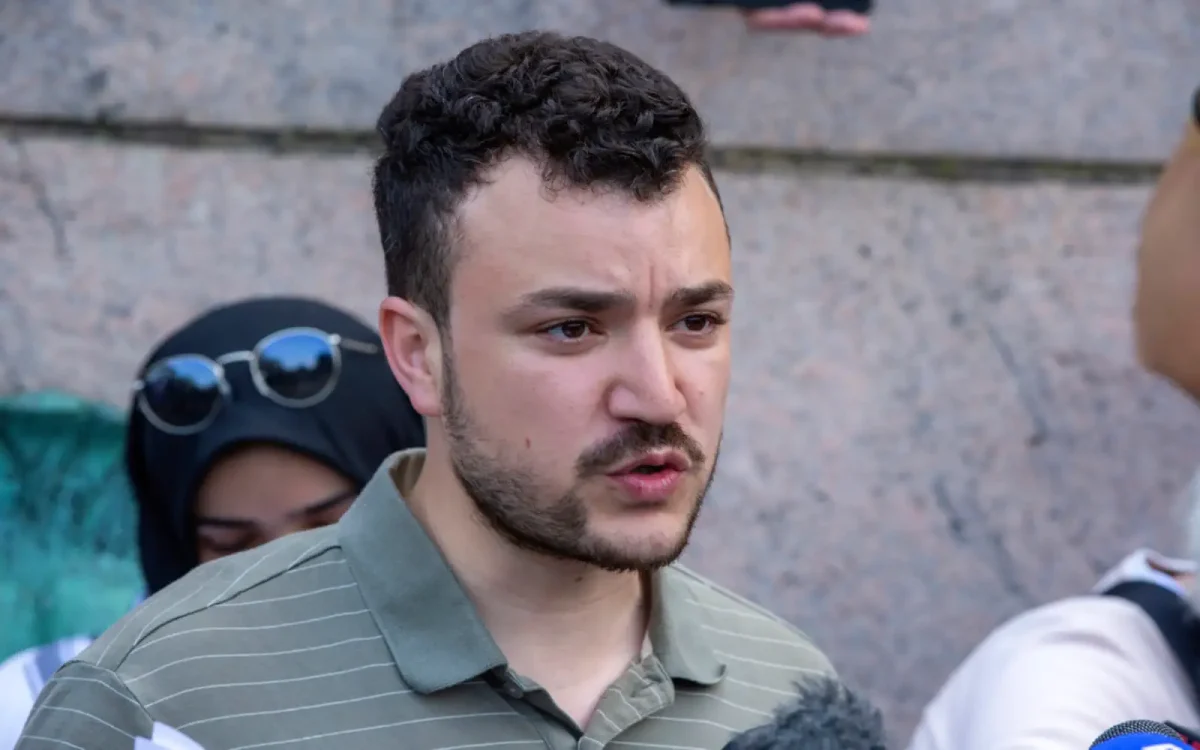The national economic crisis has now begun to affect our students more directly now, due to several budget cuts requested by Governor Mike Easley. Interim Dean of the College of Humanities and Social Sciences, Jeffery Braden said, “Bad economic times for the nation and state exempt no one.” In light of the current issues with federal and state debt to the government and other key lending institutions, some outside the United States, all universities operable by any state funding were asked to decrease their budgets by up to 5 percent less of the total appropriated funding for the entire academic year. According to Braden, CHASS was asked to submit a reversion budget rather than merely cutting the funds indefinitely which gives them the opportunity to re-earn the allotted amount for further use at a later date. As a result of the newly suggested budget, administration has frozen new hire positions, current recruitment for position openings, the number of CHASS staff, and all faculty travel expenses. “We really have nothing else to cut,” says Dean Braden, when talking about potential other avenues to conserve funds.
The CHASS administration had begun asking the specific departments to aid in this effort by potentially canceling their individual commencement exercises, and combine their efforts to just participate in the college’s ceremony. However, Braden is very doubtful that this request will be implemented by the department. “99.8 percent of the state appropriated money is allocated to personnel on campus, mostly instructional,” said Braden. “Most institutions average between 80 and 90 percent of budgets for personnel,” says Braden, which is further indication that North Carolina’s and NC State’s strategies to retain optimal faculty and staff members within the university system. The design school has reported a $140,000 cut in funds, while CHASS, which is substantially larger, has had to endure a must larger cut in funds, although no direct figure has been tabulated. Braden said, “CHASS alone is the size of Wake Forest University,” which shows the large numbers of students that attend N.C. State are humanities students. The urgency of re-budgeting the college’s funds, students, alumni, faculty and staff were not able to aid in an effort to raise money to help support the college; hopefully, CHASS will be more prepared if this happens next school year. “We pay money, to earn money back,” said Braden by focusing on the investment the university commits to each student, and their commitment to serving a larger community in the future.
Although, no courses have been cut to date, several sections of English and history courses have been removed from the spring course listing. Rather than cut specific courses, administration has merely cut back the number of available sections from the pool of elective courses. Says Braden, “Although students tend to do well in these courses, they are not required.” CHASS continues to make efforts to keep all major courses for the spring, especially considering May graduates. Braden has ensured that the college will do everything to keep May graduates on schedule with their expected graduation dates. “We just have some very hard decisions to make,” said Dean Braden. When asked about the potential of economic set backs affecting the next school year, he was confident the economy has the ability to worsen before ever fully recovering stating, “six months unfortunately isn’t enough time to fix this economy.” For now students can expect to have less available course sections for the spring, but class seats have been increased to accommodate students who would have otherwise not been able to register for that course, and although additional funding is at a bare minimum with procedural differences in summer school funding, students can potentially get more help with offsetting individual costs.




